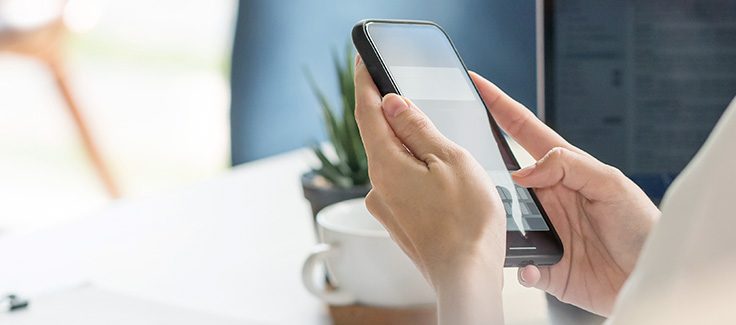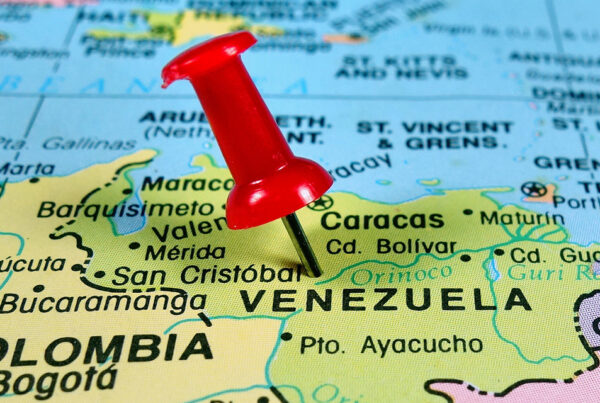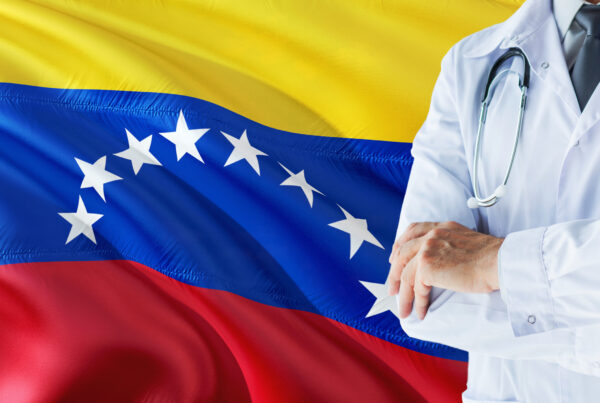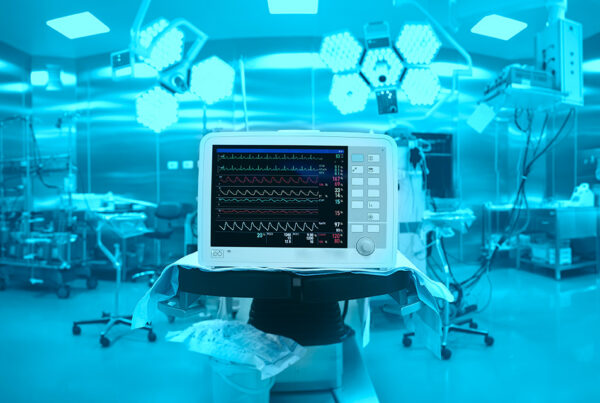The digital health market will increase by 16.3% to US$150 billion in 2022. Data from Statista.com show that the forecast size of the global mHealth market from 2017 to 2025, reached about US$28 billion worldwide in 2018, and forecasts predict it will rise to about US$247 billion by 2025.
The term mHealth or mobile health refers to the use of smartphones as tools and channels that are useful to medicine through apps that monitor fitness, well-being, and certain health conditions of patients. Apps are driving innovation in health, providing a range of benefits to the sector that directly affect the patient, promoting better attention by health care establishments, and also enabling the application of tailored treatments and follow-up for patients.
The World Health Organization has acknowledged the use of mobile devices in medicine and health care practices. Apps are becoming increasingly prominent on social networks, which are currently becoming spaces for communication and discussion of medical conditions outside the office, away from the clinics of doctors and certified health care professionals.
Social media users, particularly the so-called health coaches and influencers, use social media technology to share their experiences and findings, and to educate others with similar conditions.
Social networks allow people to report personal experiences, ask questions, and receive direct feedback about medical conditions and potential treatments for them.
The many uses of social media apps in health can, if well understood, offer access to educational resources by healthcare providers and patients. At the same time, they provide online communities with spaces for the training and continuous education of physicians, and for physician-to-physician consultation. A survey of more than 4,000 physicians conducted by the social networking site Quantia MD found that over 81% of doctors use some kind of social media for personal activities, and that 65% use these sites for professional reasons.
According to our GHI expert specially consulted for this article, Dr. Alejandro Mauro, Head of Clinical Digital Transformation at Clínica Alemana de Santiago de Chile: “Social networks give us the tools to connect with people, and share information and know-how, but they also expose us to manipulation. This is why it is crucial to develop critical awareness to ensure the information we consume is real and does not harm us. We have to be careful with the information we share and consume, and understand that we often have to read between the lines to find the truth.
Mauro also notes that, since the emergence of social networks, the medical sector has viewed them as a great opportunity to spread messages about health to a wider and more diverse audience, but also as a threat. The pandemic has significantly contributed to the rise in social network use around the world, with annual growth of 10%, to the point where 60% of the world’s population is connected to them.
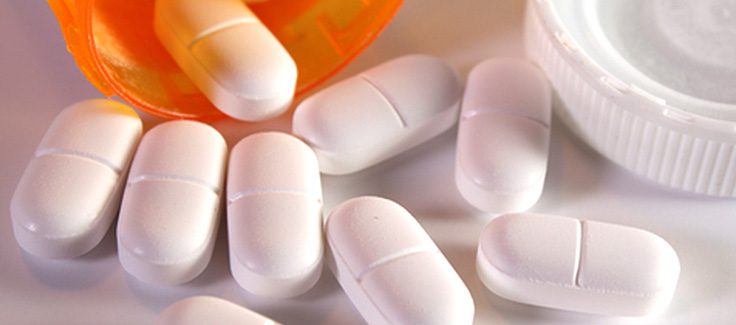
Benefits and precautions of using social networks in health
Among the benefits Dr. Mauro mentions is the possibility of reaching a large amount of people with electronic tools. “The benefits of social networks are extraordinary and innumerable, but I think it prudent to discuss the negative aspects that have intensified during the pandemic,” he says. Some of these aspects are:
- These platforms are designed to capture the attention of users and keep them “consuming” the content on offer. To achieve this, they use various strategies of persuasion, fed by algorithms trained to promote ideas that may sometimes have detrimental effects on people.
- Risks of using apps and social networks include fake news. It is increasingly evident that the repetition of messages presented in a variety of ways and supported by different players can lead us to believe in something that is untrue. Even before the pandemic, we had already begun to perceive the negative effects of social media with respect to the propagation of “fake news,” which are misleading ideas presented in subtle ways to change opinions. – This explosive mix of social media and fake news is difficult to control, and its impact on public health is highly problematic. People tend to pay attention to messages, images, or ideas that arouse intense emotions in them, and this “weakness” of our mind is taken advantage of by those who want to sell an idea. There are numerous ideas that may be harmful to our health that are exploited on social media.
- Prescription medicines are promoted for all types of esthetic uses (mupirocin, erythromycin, isotretinoin), as are homeopathy, Bach flower remedies, Reiki, and other alternative therapies without scientific evidence that work only as a placebo to alleviate any ailment. There are also “biodecoding” techniques to “heal” diseases, and to cure some, as well as messages channeled from “ancestral teachers,” offering guidelines for alleviating a disease.
- A clear example of the impact of social media on the population’s health is the increasing consumption of obscurantist theories among young people. Astrology, tarot, Akashic records, and ideas from ancient civilizations such as the Mayans, Aztecs, and Egyptians are promoted through these platforms to achieve better health, among other things.
- Quite apart from the financial scam, which is always present, the real problem lies in the validity of the lie and the expectations of results that are better than the placebo effect (which is all they have to offer). This often delays the current best medical treatments for patients, who then reach the health system too late. We see this situation in all social areas. It is always worth remembering the case of Steve Jobs, who delayed a medical treatment for pancreatic cancer after recommendations from a spiritual teacher (whom he could quite easily have met today through Instagram or Facebook). In the end he sought an effective treatment for a very advanced tumor, but the delay cost him his life.
How to beat the challenge
The challenge posed by the use of apps for mobile health and social media to communicate with patients has several possible solutions in which all the players in the health ecosystem will have a role. In order to prioritize patient safety, the proper use of the data, the practice of medicine and the curing of diseases, the entire health system has to cling to reliable data and get involved in the education of a population that is at risk of consuming fake news or using apps that are not subject to monitoring or regulation like the medical devices they actually are. Suppliers and manufacturers of medical devices and treatments, as well as hospital directors and health care providers, will need to rely on information based on data and intelligence.
Next steps
Contact GHI for information about the specialized market research that it offers on topics such as telehealth, teleconsultations, and medical devices. GHI research is customized and covers various countries in Latin America.
